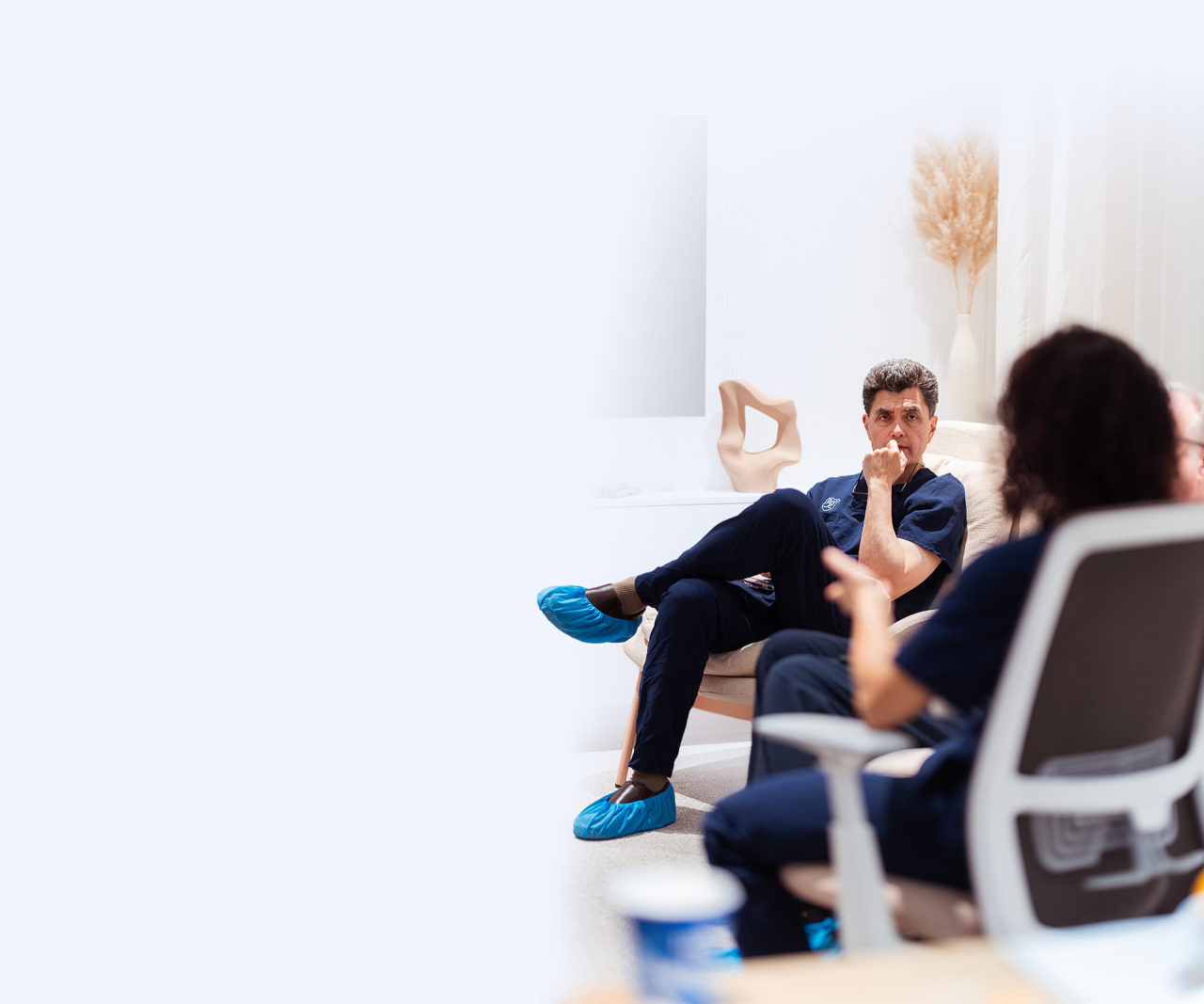
Get the Right Care

endoscopies
What is a colonoscopy? A colonoscopy is a sort of test that is used to see inside your large intestine and colon. This is done by inserting a tube containing a flexible camera (called a scope or colonoscope) up your rectum. The insides of your colon are then shown on a screen for the doctor to examine and analyze.
A colonoscopy is largely used to determine whether or not there are changes or abnormalities in the large intestine. Doctors will check for symptoms like bleeding, as well as look for colorectal polyps, hernias, or signs of colon cancer. Usually, it is recommended that adults start regularly getting colonoscopies at the age of 45, but they are also used to screen patients before surgery. For example, if a patient chooses to undergo bariatric surgery, a colonoscopy will be prescribed before the surgery to ensure the safety of the patient.
All surgeries, whether they be big or small, carry risks. For a colonoscopy, complications are exceedingly rare, especially if you are under the supervision of a trained professional. Complications for this procedure typically include:
In order to undergo a colonoscopy, it is important you follow the careful instructions of your healthcare team. We will instruct you to prepare your bowels before your colonoscopy procedure. If your bowels are not clean, your colonoscopy will not be successful – the cleaner your bowels, the better chance our team will have at finding and diagnosing abnormal symptoms. Therefore, we advise patients to eat a low-fiber diet a few days before the surgery, and no solid food or alcohol the day before the surgery. You may drink clear liquids – water, black coffee, tea, soft drinks, juice, and broths – as well as eat foods like JELL-O and Popsicles. You should not eat or drink at least four hours before the procedure. If you are undergoing general anesthesia, do not drink anything after midnight on the night preceding your colonoscopy.
You may need to take antibiotics before surgery. Routine blood work is usually not needed, but may be ordered prior to surgery based on the patient's age and the presence of any existing medical problems.
A colonoscopy is a minor kind of surgery, and is done on an outpatient basis (you will be able to go home after the surgery is completed). Before your surgery, a nurse or doctor will plan the and clean the site, and consult with you for any questions you may have. General anesthesia will then be administered under the supervision of an anesthesiologist and your surgeon.
The procedure itself usually takes 15-60 minutes to perform. Typically, your doctor will give you a heads up on how long the procedure should last.
Patients will be rolled onto their left side or back on the operating table. The colonoscope will then be slowly inserted into the rectum and slowly advanced along the inside of your colon. Once the end of the colon (the cecum) is reached, the colonoscope will slowly be withdrawn. While this is occurring, your doctor will be carefully examining the lining of your colon on a separate screen.
If, for whatever reason, your colon cannot be visualized, you may be asked to undergo an additional colonoscopy at a later date. Your doctor may also decide to order an X-ray or CT scan of your colon.
Recovery time for a colonoscopy will vary, but you should feel back to normal within a few hours. Residual pain may last up to a week after surgery. Soreness is common; however, let your doctor know if you experience swelling or excessive pain.
You will need to arrange for a ride home the day of your surgery, and we recommend someone stay with you for the first 24 hours at home. When you leave the facility after surgery, we will want you to go home and rest. Avoid making any other plans on the day of your surgery. Starting the following day, you can increase your activity as you feel up to it.
You will likely be given a prescription for pain medication following your surgery. The recovery nurse will discuss a pain control plan following surgery, specific to you and your needs. Oftentimes, we will recommend taking Tylenol and Advil (same as Motrin, Ibuprofen) or Aleve in addition to the narcotic pain medication.
At this time, you may also return to your normal eating habits. However, if polyps were removed or other special manipulations were performed, a certain diet may be prescribed.


